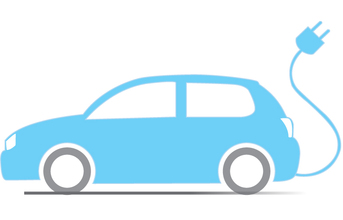
It also said that power and utilities sector in India is undergoing rapid transformational developments—reducing dependence on imported coal, rising energy independence with renewables, reducing plant load factors (PLFs) and national grid integration to name a few.
The ASSOCHAM-EY study suggested for a national regulated rate that can be applicable to all charging stations across India considering that government is in discussion to standardize charging infrastructure development in India, besides many norms are proposed to standardize the market, but they are still in the planning stage. Additionally, EV charging tariffs are regulated at some locations, while tariffs are not fixed at other locations.
It is also recommended that in order to meet the rising demand of charging stations the government will have to quickly facilitate standardization of charging infrastructure and incentivize R&D for advanced charging technologies.
"We expect the government to take active measures to streamline regulatory challenges and provide further policy impetus to drive uptake of EVs."
It also said that while success of India's EV mission depends upon development and proliferation of domestic manufacturing ecosystem, however, absence of an EV supply chain in the country demands an urgent investment in research and development (R&D) and local manufacturing capabilities.
Further, the report noted that clear policy guidelines are essential for EV market to take-off, given the huge capital investments involved.
END



































